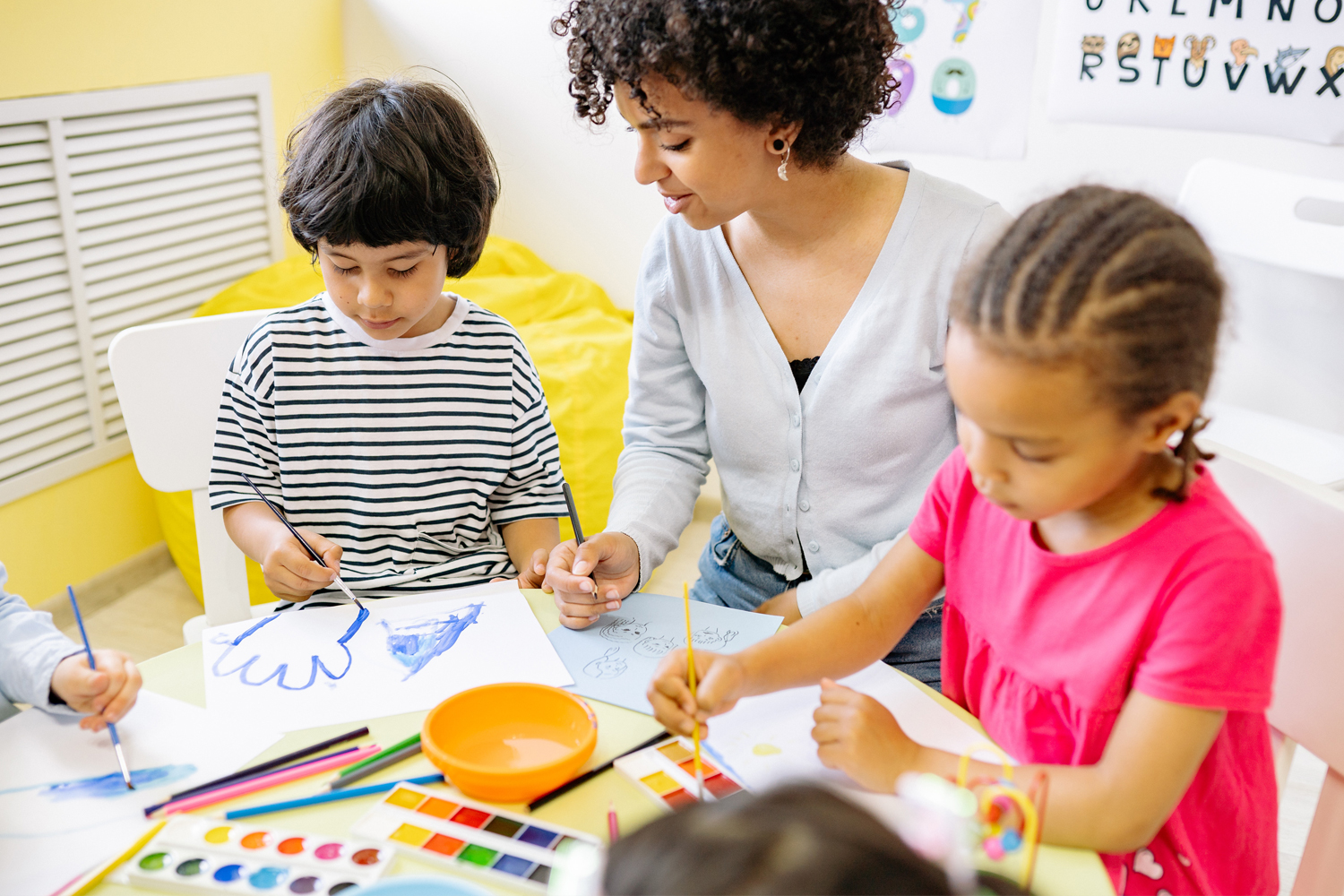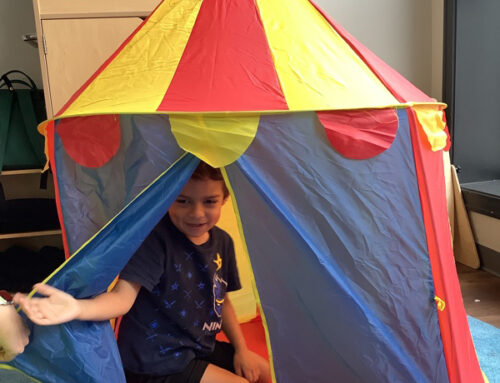Watching your child struggle to connect with others and make friends can be heartbreaking, but you can do something about it! We believe everyone can have a friend, but to have a friend you need to be a friend and you can do this by developing friendship skills. Through instruction, practice, and reinforcement all children can learn how to find friends and be a good friend. Families can teach these skills at home by encouraging play dates and by collaborating with the schools to create opportunities for friendships.
The Values Friendship can Help Build Include
Emotional Growth:
- Learning to understand and share feelings
- Building confidence and self-esteem
- Developing empathy and caring for others
- Creating a sense of belonging
Social Skill Development:
- Practicing communication
- Learning to navigate conflicts peacefully
- Understanding social rules through genuine experience
- Building flexibility and problem-solving abilities
Academic Benefits:
- Increased motivation to participate in school activities
- Better focus when feeling socially connected
- Learning from peers in natural ways
- Reduced anxiety about school environments
Life-Long Skills:
- Building foundation for future relationships
- Learning to advocate for their needs
- Developing resilience when facing challenges
- Understanding how to be a good friend to others
How Schools Can Help Build Friendships
Schools are perfect places for children to practice friendship skills because they offer structure with clear expectations , safety with adult supervision, consistency with daily routines, and opportunities to interact with the same peers regularly.
Questions to ask your child’s teacher:
- “What social opportunities exist during the school day?”
- “Which classmates seem to share my child’s interests?”
- “How can we practice friendship skills at home that will help at school?”
- “What does a successful social interaction look like for my child?”
- “How can we communicate about my child’s social progress?”
Information to share with school:
- Your child’s interests and strengths
- What social situations work well at home
- Signs that your child is overwhelmed
- Strategies that help your child calm down
- Your child’s communication style and needs
Creating consistency:
- Use similar language at home and school for social rules
- Practice skills that will be useful in the classroom
- Celebrate the same types of social successes
- Share strategies that work in both settings

Getting Started
- Collaborate with teachers to identify potential friends with shared interests suitable for your child’s age
- Start with 15–30-minute sessions to match short attention spans
- Use familiar spaces like the library, classroom circle, or gym
- Plan simple, sensory-friendly activities your child already enjoys (e.g., drawing, building with blocks)
- Having adults nearby but not hovering offers flexible support
What Makes Play Dates Successful
- Clear start and end times; calendar invites or reminders help
- Structured activities (collaborative projects, problem-solving games, discussion prompts)
- Quiet space for downtime if needed
- Practical, agreed-upon rules for group interaction
- Celebrate progress (leadership roles, cooperation, sustained attention)
Sensory Considerations:
- Schedule during times with fewer sensory triggers when possible
- Provide a calm space for breaks and a retreat from crowds
- Consider lighting, noise levels, and textures; offer options
- Choose activities aligned with sensory preferences (quiet reading, tactile building)
Communication Supports:
- Use direct, respectful language; avoid euphemisms
- Visual aids or digital schedules can help with planning
- Give extra processing time; check for understanding
- Teach and rehearse scripts like “Can I join your group?” and “That was a good idea; here’s mine.”
Conversation Starters:
Write simple phrases on index cards.
- “What do you like to do?”
- “Want to build something together?”
- “That looks cool!”
- “Thanks for playing with me!”
Problem-Solving Steps:
Create a visual reminder.
- Stop and take a breath
- Say how you feel
- Listen to your friend
- Think of a solution together
- Try again or take a break
Practice Games:
- “Red Light, Green Light” for impulse control
- “Simon Says” for following directions
- Simple board games for turn-taking
- “Feelings Charades” for emotion recognition
Every Child Is Different (And That’s Perfect)
Remember that every child develops at their own pace. Some will pick up social cues quickly, while others need more time and practice. Some children will have many friends, while others will prefer one or two close relationships. Both paths are completely normal.
Consider reaching out to your Blue Bird Day team for further advice if:
- Your child seems very isolated or withdrawn
- They express sadness about not having friends
- Social situations consistently cause extreme distress
- You are not seeing progress after several months of consistent support
- Your child’s social challenges are affecting their learning or daily activities
Next Steps
This week:
- Talk with your child about friendship in simple terms.
- Contact your child’s teacher about social opportunities.
- Identify one social skill to practice at home.
- Plan one low-key social activity.
This month:
- Try a structured play date with a school connection.
- Start using visual support for social situations.
- Connect with another family who shares your goals.
- Celebrate small social successes with your child.
This year:
- Build consistent routines that include social opportunities.
- Develop a support network of families and school staff.
- Help your child develop at least one meaningful peer relationship.
- Create positive memories around friendship and social connection.
You are Not Alone!
Helping neurodiverse children build friendships is a journey, not a destination. There will be wonderful days and challenging ones. There will be breakthroughs and setbacks. Just remember:
- Your child is worthy of friendship exactly as they are.
- Small steps forward are progress.
- Every child develops at their own pace.
- You are doing important work by advocating for your child.
- The skills you are building will benefit your child for life.

Blue Bird Day—the first therapeutic preschool and kindergarten program in the nation—fosters socialization, sensory regulation, and pre-academic learning in children ages 2-7 years. Our compassionate therapists practice a relationship-based and family-centered approach, provide parent training, and collaborate on goals and individualized intensive treatment plans for your child.
We believe in a collaborative and multi-disciplinary team approach to therapy. A team of occupational therapists, speech-language pathologists, dietitians, developmental therapists, behavioral therapists, physical therapists, and therapeutic assistants are created for each child to ensure child and family are fully supported and the best possible results are achieved.
Options for individualized, group and virtual therapy sessions are available as well.
Want to learn more or you have a specific question? Feel free to connect with us here!



